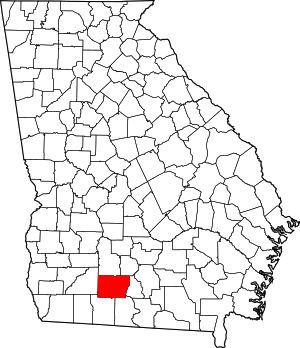Pennsylvania Snubs Community Broadband, Small ISPs In Latest Broadband Grant Round
Telecom monopolies have hoovered up the lion’s share of $214 million recently doled out by the Pennsylvania state Broadband Infrastructure Program (BIP), with cooperatives, smaller ISPs, and community-owned networks left largely out in the cold.
It’s not a surprising move for a state long considered politically hostile to community-owned and operated broadband networks, though industry experts say this latest round of awards was particularly egregious when it comes to dodgy politics and its total lack of any real transparency.
According to an announcement by the Pennsylvania Broadband Development Authority (PBDA), this $204 million in Broadband Infrastructure Program (BIP) grant awards will help fund 53 projects in 42 counties across Pennsylvania, connecting 40,000 homes and businesses, bringing high-speed Internet to over 100,000 Pennsylvanians.

The awards were funded with the state’s Capital Projects Fund allocation. After matching funds by winning bidders are included, the total broadband investment is expected to exceed $407 million. A complete breakdown of all grant award winners can be found here.
Verizon was the biggest grant award winner, nabbing $78.3 million. Other big grant award winners were Comcast ($61.7 million), Windstream ($12 million) Frontier ($3.5 million) and Brightspeed ($782,000). A few small private ISPs also won awards including Adams Cable ($387,969) Upward Broadband ($1,476,288) and Alleghenies Broadband ($1,809,524).




